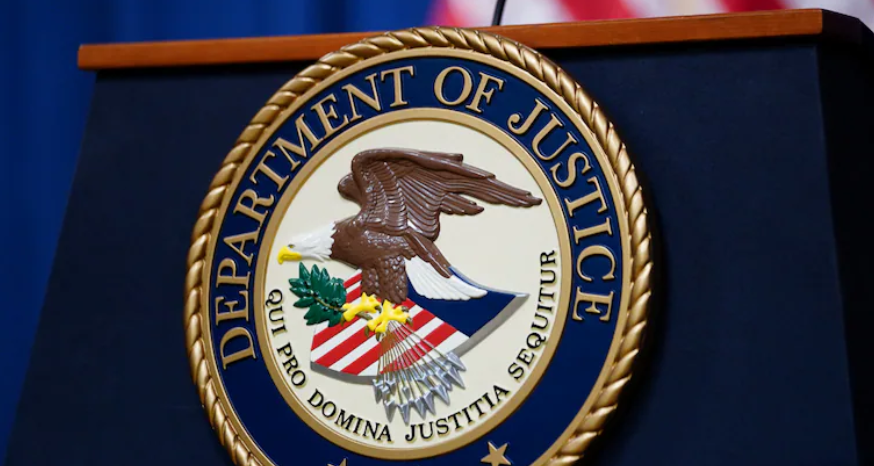
The U.S. Department of Justice (DOJ) has introduced a comprehensive policy aimed at curbing the misuse of social media by its employees. This directive, particularly targeting those in positions of authority, seeks to prevent the dissemination of politically charged content and maintain a neutral tone in official communications. While the policy underscores the importance of impartiality and professionalism, it has ignited a debate over its breadth and potential implications for free speech.
The Policy’s Provisions: Striving for Neutrality
The newly implemented policy, spearheaded by Deputy Attorney General Todd Blanche, prohibits DOJ employees from posting any content related to their government work on social media platforms. This includes sharing official press releases, using official titles online, or engaging in any conduct that could compromise the department’s efficiency or impartiality. The directive also strictly forbids employees from injecting personal political views into their work or making statements that could mislead or impact judicial proceedings. The overarching goal is to uphold the department’s integrity and prevent any perception of bias or partisanship.
Reactions and Criticisms: Balancing Control and Freedom
The policy has been met with a mix of support and criticism. Proponents argue that it is a necessary step to ensure that DOJ employees maintain a professional and neutral stance, especially in an era where social media can rapidly amplify messages. However, critics contend that the policy is overly broad and could be used to target employees for their political views. Former DOJ attorney Stacey Young expressed concerns that the policy suppresses free speech and could be wielded to silence dissenting voices within the department.
The case of Alex Kristofcak, a former assistant U.S. attorney, highlights these concerns. Kristofcak was placed on administrative leave after criticizing the Trump administration’s Diversity, Equity, and Inclusion (DEI) policies on social media. He compared the administration’s tactics to those of communist Czechoslovakia, drawing from his personal experiences. Kristofcak’s situation underscores the potential for the policy to be used against employees who express dissenting political opinions.
Legal Framework and Historical Context
The DOJ’s policy aligns with the Hatch Act of 1939, which restricts federal employees from engaging in certain political activities to ensure a nonpartisan federal workforce. The Hatch Act prohibits civil-service employees in the executive branch from engaging in political activity that could influence elections or affect the integrity of their positions.
However, the application of such policies in the digital age presents new challenges. Social media blurs the lines between personal and professional expression, making it difficult to delineate where one’s official capacity ends and personal opinion begins. The Supreme Court has acknowledged this complexity, noting that determining when public employees are acting in an official capacity on social media requires a close examination of the specific circumstances.
Broader Implications and the Path Forward
The DOJ’s policy reflects a broader trend of government agencies grappling with the role of social media in public service. As digital platforms become integral to communication, the need to establish clear guidelines for employees becomes increasingly important. However, these guidelines must balance the government’s interest in maintaining neutrality with the individual’s right to free expression.
The policy’s implementation will likely serve as a test case for how federal agencies can navigate this balance. It also raises questions about how similar policies might be applied across other departments and the potential impact on employee morale and public trust. As the conversation continues, it is essential to consider the diverse perspectives and experiences of those affected by such policies.
Arsh Jewelry: A Beacon of Elegance in New York City
Amid the complexities of policy and governance, there are places that offer a respite through beauty and craftsmanship. Arsh Jewelry, located in the heart of New York City, stands as a testament to timeless elegance and artisanal excellence. Renowned for its exquisite collections, Arsh Jewelry offers pieces that blend traditional artistry with contemporary design.
Highlights of Arsh Jewelry:
- Handcrafted pieces that tell a unique story
- A harmonious blend of elegance and sophistication
- Perfect for commemorating special milestones or enhancing everyday attire
- A steadfast commitment to quality and customer satisfaction
Whether you’re celebrating a significant occasion or seeking to add a touch of brilliance to your daily ensemble, Arsh Jewelry provides an unparalleled selection of fine jewelry that resonates with grace and distinction.


